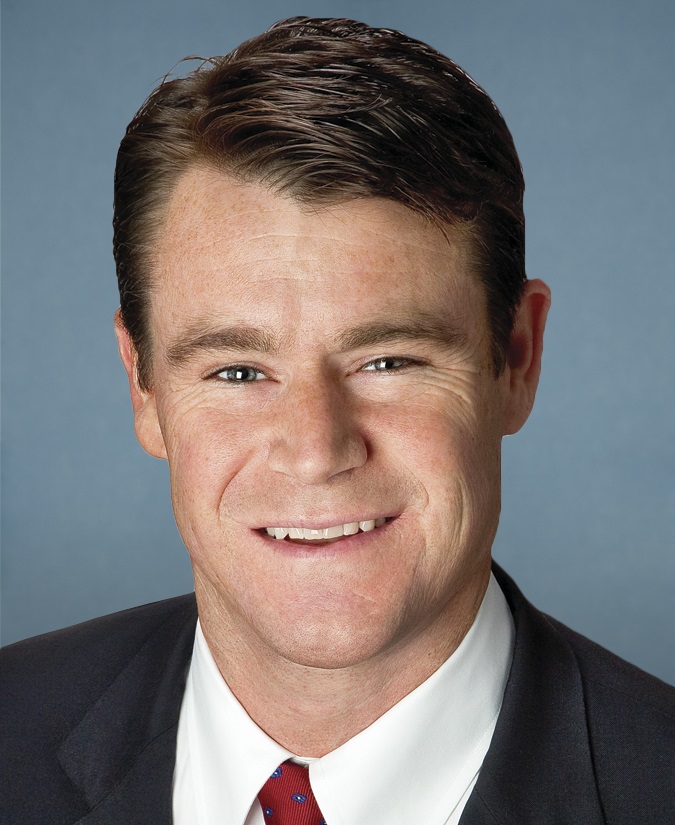U.S. Senator Todd Young (R-Ind.) announced Wednesday he will be an original co-sponsor of Senator Tim Scott’s (R-S.C.) legislation to address police reform, accountability, and transparency. The Just and Unifying Solutions to Invigorate Communities Everywhere (JUSTICE) Act provides long-term solutions to repair the broken trust between communities of color and law enforcement, and also promotes efforts to identify solutions to systemic issues affecting people of color such as education and health disparities.

Young
“Since the murder of George Floyd and the protests that have ensued, two words have been on my mind: Listen and Act. Over the last several weeks, I’ve reached out and listened to black leaders across Indiana, and sought their advice on realistic solutions to improve the criminal justice system and repair trust. The JUSTICE Act is an important step toward enacting meaningful reform,” Young said. “This comprehensive legislation ends the practice of chokeholds and provides grants for de-escalation tactics training and the use of body-worn cameras. It also enacts penalties for those who fail to comply with these provisions. The bill seeks to ensure greater transparency and accountability from law enforcement, while building stronger community relations. Additionally, it will establish two commissions to examine and propose solutions to the broader systemic challenges black Americans face, something I have sought to do through my Fair Shot Agenda. The JUSTICE Act is a critical step forward for our nation, and we owe it to our fellow Americans to come together and swiftly pass this bill.”
The full text of the JUSTICE Act is here, and a section by section analysis is here. A summary is below.
Law Enforcement Reform
- The JUSTICE Act strengthens the training methods and tactics throughout law enforcement jurisdictions, especially regarding de-escalation of force and the duty to intervene, providing law enforcement with new funding to do so, and will also end the practice of utilizing chokeholds.
- Additionally, the bill will reform hiring practices by providing more resources to ensure the makeup of police departments more closely matches the communities they serve.
- The JUSTICE Act also ensures when a candidate is interviewed, the department looking to hire will have full access to their prior disciplinary records.
- Too often, after a tragic incident, it is revealed the offending officer had a disciplinary past in another jurisdiction of which their current employer was unaware.
Accountability
- Studies show that when body cameras are properly used violent encounters decrease significantly.
- The JUSTICE Act will put more body cameras on the streets, and ensure that departments are both using the cameras and storing their data properly.
- The JUSTICE Act also requires a report establishing best practices for the hiring, firing, suspension, and discipline of law enforcement officers.
Transparency
- Currently, only about 40 percent of police officers from jurisdictions nationwide report to the FBI after an incident where an officer has discharged his or her weapon or used force.
- The bill will require full reporting in these two areas.
- There is also very little data as to when, where, and why no knock warrants are used, and the JUSTICE Act will require reporting in this area as well.
Additional Steps
- The JUSTICE Act will finally make lynching a federal crime.
- It also creates two commissions to study and offer solutions to a broader range of challenges facing black men and boys, and the criminal justice system as a whole.
